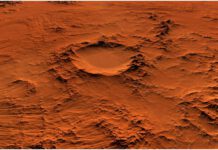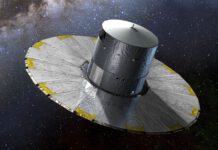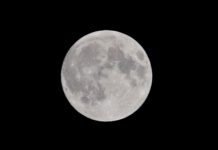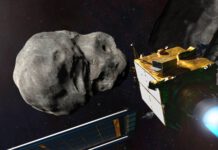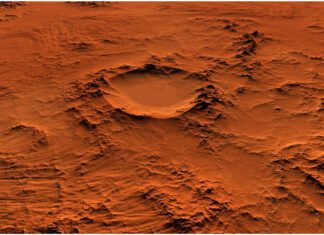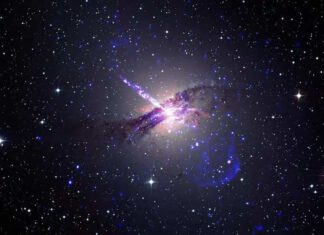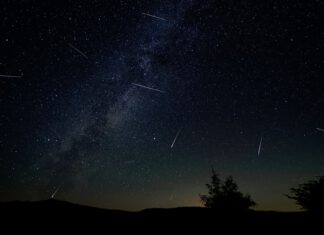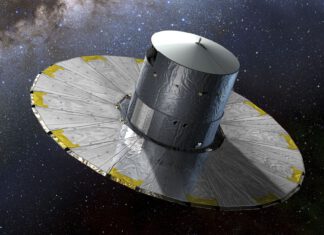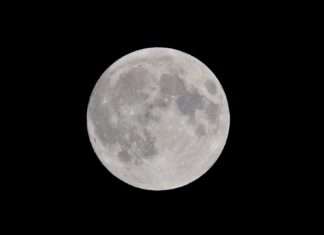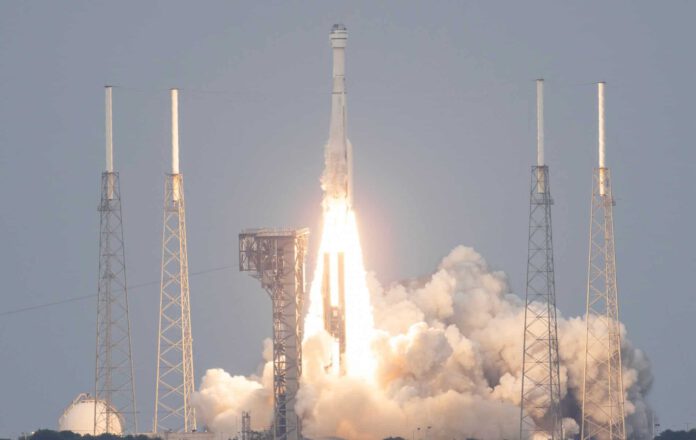
The Future of Space Travel: A Crucial Test for Boeing
Following a series of delays and setbacks over the past few years, the momentous occasion has come: Boeing will attempt to transport two astronauts to the International Space Station (ISS). The landmark launch is slated to be broadcast live via NASA TV and if all goes well, viewers around the world will witness the manned CST-100 Starliner journey into outer space. Boeing has been steadily and with determination working towards this special moment.
The time has seemingly arrived as the two astronauts, Butch Wilmore and Suni Williams, will take their positions in the CST-100 Starliner, to launch into space propelled by an Atlas V rocket. During these early manned test flights, CST-100 Starliner will navigate its route towards the ISS with a planned arrival set for Wednesday evening.
The Testing Stages
Wilmore and Williams will spend a week in the ISS during which the docked Starliner will undergo a series of tests. Provided the manned flight test progresses satisfactorily, nothing will halt Boeing from subsequently transporting astronauts to and from the ISS, following in SpaceX’s footsteps.
Past Challenges
This marks an important day for Boeing, as the company has been working towards this goal for many years and the journey has not been without its obstacles. A significant setback occurred in particular during the first unmanned test flight to the ISS in 2019. The flight was intended to demonstrate that the CST-100 Starliner was ready for the real deal: the transportation of astronauts to and from the ISS. However, the course of events took a different turn; despite a successful launch, the unmanned spacecraft found itself off course soon after launch, and was unable to reach the ISS.
A second attempt took place in 2021, but problems with the propulsion systems forced Boeing to delay the unmanned test flight. The issues were so significant that extensive modification on the CST-100 Starliner was required and it wasn’t until May 2022 that another, fortunately successful, unmanned test flight to the ISS took place. However, a manned test flight was then subsequently delayed by another two years.
While delays may not have led to complete cancellations, the past hurdles have by no means made it an easy journey for Boeing. The company had made significant extra investments and watched as manned flights to the ISS, which should have been theirs over the past few years (and a source of revenue), were taken over by SpaceX, given Boeing’s readiness issues. Tonight, the company hopes to turn the tide and if successful, it will be set to officially commence transporting astronauts to the ISS by 2025.

